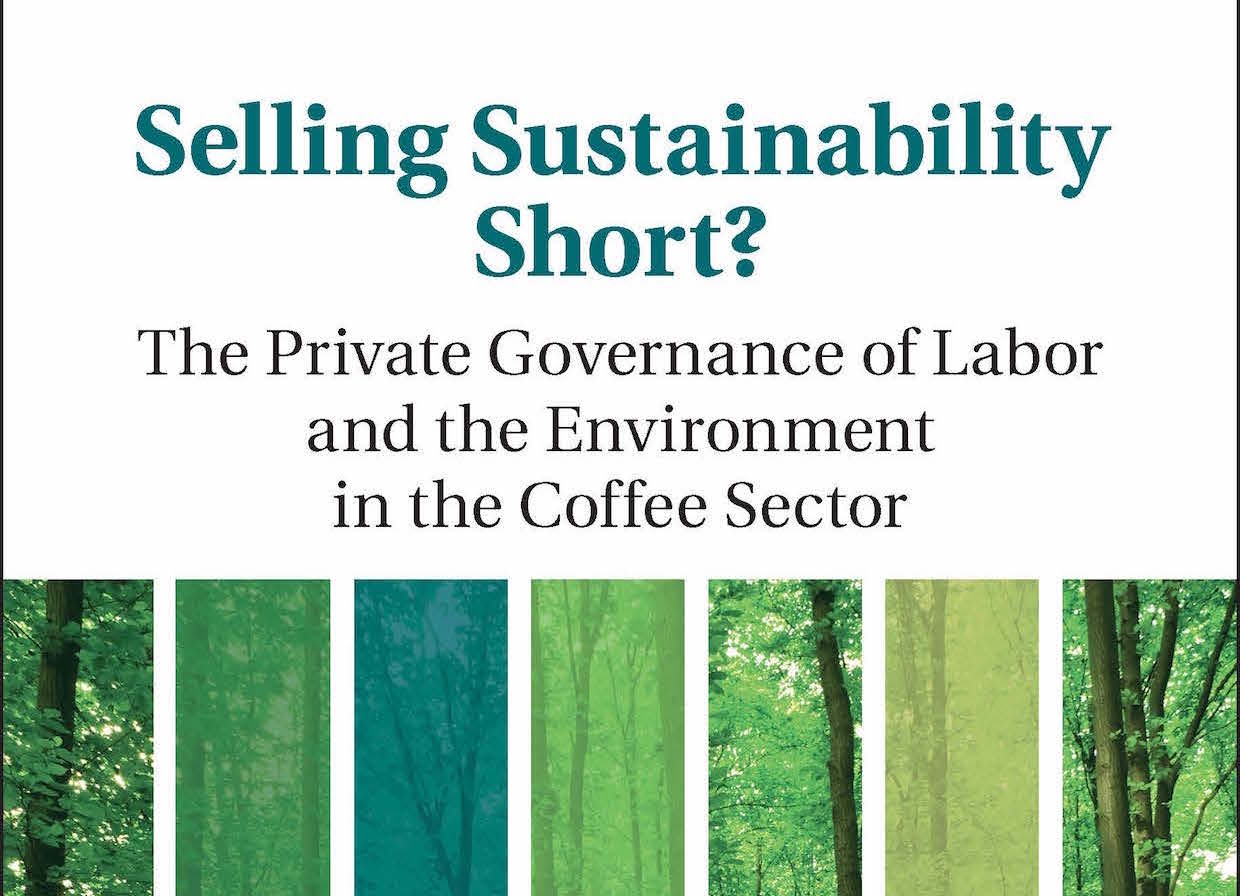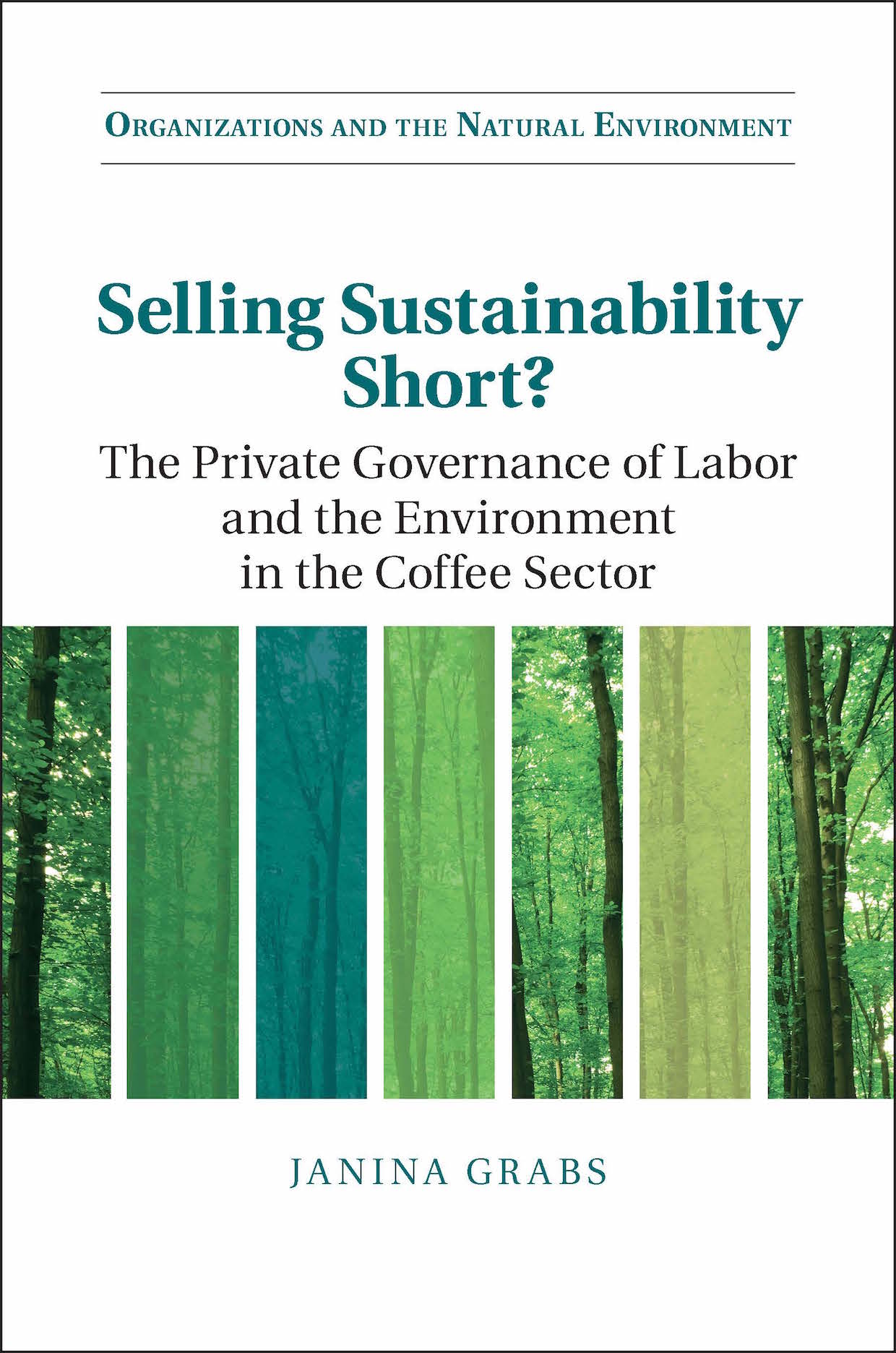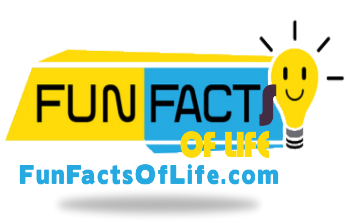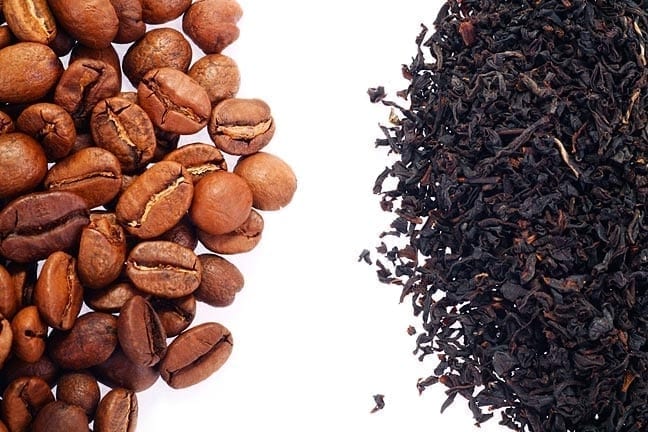If you are currently following a ketogenic diet, also called keto, then you have probably…

A Chat with Janina Grabs on the New Book ‘Selling Sustainability Short’

Can private certification standards truly bring about more sustainable production practices?
This is the question at the center of Dr. Janina Grabs‘ forthcoming book, Selling Sustainability Short? The Private Governance of Labor and the Environment in the Coffee Sector.
The book developed from years of research as Grabs was pursuing a PhD at the University of Münster. A political scientist by training, a past visiting scholar at Yale University’s School of Forestry and Environmental Studies, and an instrumental figure in the launch of Costa Rica’s climate-smart NAMA Café initiative, Grabs’ interest in the coffee industry stems from a broader interest in sustainable agri-food systems.
Published by the Cambridge University Press, Selling Sustainability Short officially launched in hardcover and as an e-book in the U.K. and Europe earlier this month. A United States and Canada release is scheduled for Thursday, June 18, and an online official book launch is taking place via Zoom on Tuesday, June 9.
We recently asked Grabs more about the book, its origins and its findings.
[Note: Portions of some answers may have been shortened.]
DCN: What inspired your interest in this particular subject, and in the book itself?
Janina Grabs: In my book, I study the effectiveness of private sustainability standards in the coffee sector, led by a simple question: Do they achieve their goals in leading to more sustainable production practices on the ground? From a political science perspective, this is an interesting research question because these standards are key examples of non-state rule-making, where private actors assume regulatory functions that states cannot or do not want to take on.
The coffee sector is a great case study to see whether this strategy works, since standards have existed long enough and have actually entered mainstream markets, unlike in many other commodity sectors. Understanding how to improve the sustainability of the coffee sector is also an important aim in itself, given the recurrent coffee price crises that regularly put millions of smallholder producers in peril — not to mention the threats of climate change.
Today, more than ever, we need to know how to better help farmers to make their farms resilient and integrated within their natural environment while also allowing them to derive a sustainable livelihood.
The old adage in the news business is that the answer to any headline that ends in a question mark is “no.” In this case, can we assume that private actors have indeed failed to provide the kinds of coffee-sector-wide sustainability solutions that they sometimes purport? Can you give us some more details about the book’s focus?
I’d like to counter with a similar adage in the social sciences, where we say that almost every question we ask can be answered with “it depends” — and that, incidentally, is what I find in this book as well.
I dedicate some space to teasing out what we even mean by a “sustainable coffee sector” and how that definition has changed over time. One early definition, agreed upon in 2001 by NGOs and major coffee buyers in the Conservation Principles for Coffee Production, puts great emphasis on maintaining shade cover and ecosystem function, while also ensuring sustainable livelihoods via equitable prices and long-term trading relationships. In this view, sustainable coffee producers would make trade-offs for environmental protection that would be compensated by the market through monetary support.
Later definitions tend to focus on “sustainable intensification,” whereby farmer livelihoods are supported via improved productivity, while the greatest harm from agrochemical overuse is avoided. Here, the question of equitable pricing moves into the background. Yet, this definition has a hard time supporting the most sustainable practices that create higher costs for farmers, such as agroforestry, agroecology, or paying living wages.
It turns out that the majority of the private sustainability standards that I study (all major ones: Fairtrade, organic, Rainforest Alliance, UTZ, 4C, Nespresso AAA, and Starbucks C.A.F.E. Practices) have moved toward the “sustainable intensification” framing in their standards. I also see this in the data on the ground, where sustainable intensification practices are much more prevalent among certified producers than the more demanding practices. Thus, I conclude that private regulation has only partially met its objectives, and only when allowing for moving goalposts.
The book mentions “the erosion of price premiums” and the “adaptation to buyers’ preferences” as factors that have potentially degraded some sustainability standards. Can you explain those two concepts a bit more and how they play into institutional sustainability efforts?
Of course. Certification via private sustainability standards was advertised to producers as a great way to differentiate their coffee and harness premium prices that conscientious consumers would want to pay them in order to support sustainable practices on the ground. Yet, as several standards entered into competition over attracting leading roasters to their scheme, price became one element on the chopping block.
With the exception of the Fairtrade minimum price, certification premiums are market-based, and negotiated between producers and buyers individually. Thus, premium pricing depends on demand and supply.
After 2008, we entered a perfect storm, with many producers aiming to gain this competitive advantage, buyers scaling back their sustainable sourcing commitments, and no supply management from standards. Hence, the niche market repeated the experience of the mainstream, with oversupply causing premium prices to drop. In the Honduran experience, premiums about halved over a 10-year time span, making sustainability efforts less attractive to producers. Even today, only a small share (between 30 and 50%) of certified coffee is also sold as such. This is what I describe in my SCA Re:Co Talk “Overcoming the Single Exit Fallacy.”
The “adaptation to buyers” preferences refers to strategies that standards pursued to enter the mainstream, and get big roasters on board. This includes a number of steps, including allowing buyers to only certify a small share of their overall volumes; making certified coffee more fungible by allowing buyers to switch flexibly between production origins and source the lowest cost certified coffee (thereby inciting producer competition); and integrating “sustainable intensification” language to meet buyers’ goals of having greater quantities of coffee available in the future (while oversupply has been a core reason for the most recent price crisis). All these steps allow private sustainability standards to scale up, but are likely to limit their impact on sustainable production and livelihoods.
Who is the reader for this book?
Due to its readability and the facts that it introduces all relevant concepts and challenges before exploring them, the book bridges the academic-practitioner divide.
It therefore has two main target groups: first, it is aimed at academics in a number of disciplines (political science, environmental politics, sustainability governance, political economy, rural development, and business ethics, amongst others) that are searching for novel frameworks and in-depth empirical evidence to inform their theory building and understanding of the implementation of sustainability in global supply chains.
Second, Corporate Social Responsibility is a global industry with practitioners, companies, and governments struggling to figure out its efficacy. The book aims to inform practitioners in the field of sustainable development and supply chain governance, including major players in the coffee value chain, of key challenges in the sector aiming to be the “first sustainable agricultural product,” and to show objective evidence on advances and shortcomings in addressing them.
What’s next for you? Another book? Will you be focusing more on sustainability in coffee?
I’d love to write another book in the long-term, though my immediate focus are both academic papers as well as practitioner-oriented outputs such as policy briefs and white papers. In my current position at ETH Zurich, I have actually moved on to studying another, possibly even more complex commodity and its sustainability: namely, palm oil. I am leading a research project focused on understanding the effectiveness and equity of corporate zero-deforestation commitments, where actors in the value chain try to prevent deforestation-linked palm oil from entering their supply chains. It’s a fascinating challenge.
However, part of my heart will always belong to coffee, and I am actively pursuing projects that continue to study relevant developments in this space, such as the growing role of traders as lead actors for on-the-ground sustainability activities, and the impact of climate change (adaptation) on power and value distribution in the global value chain. I doubt I’ll run out of interesting topics to study in a long while!
Related Reading
Nick Brown
Nick Brown is the editor of Daily Coffee News by Roast Magazine. Feedback and story ideas are welcome at publisher (at) dailycoffeenews.com, or see the “About Us” page for contact information.







